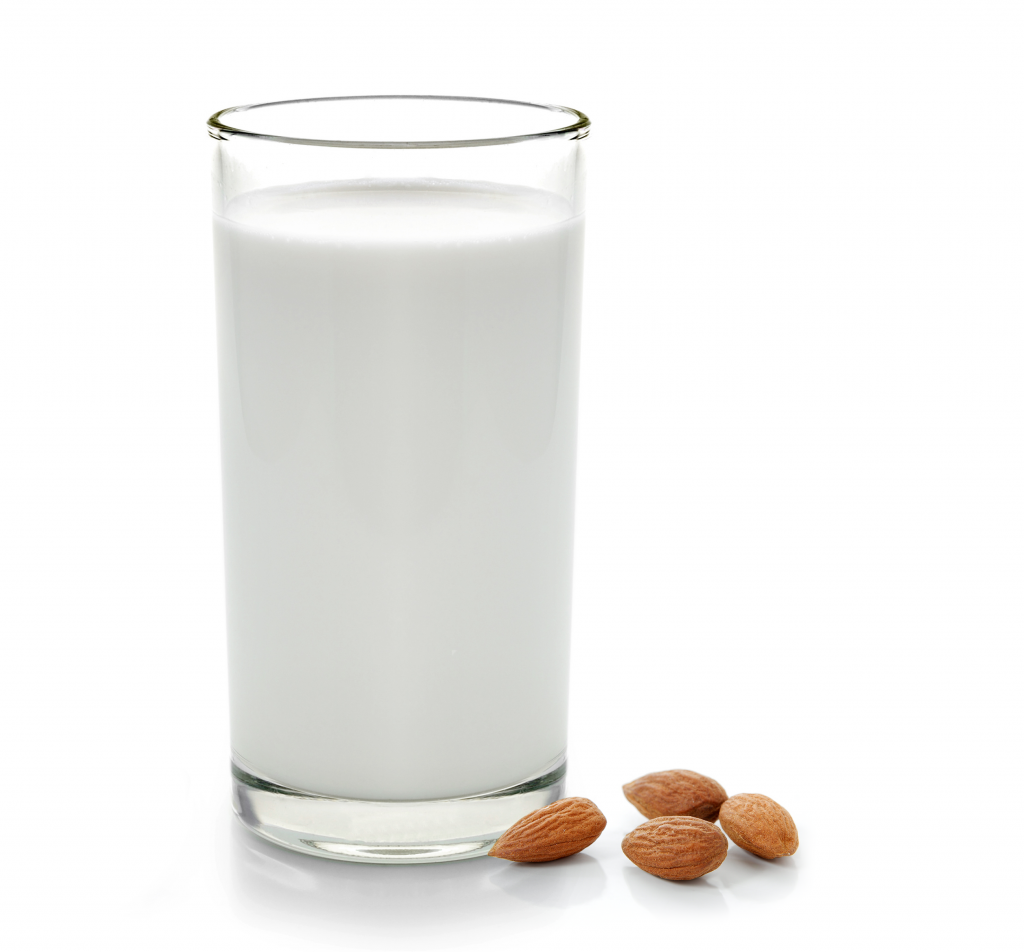Mayor Michael Bloomberg isn’t alone in his New York City anti-salt crusade (even if he salts his own popcorn to extremes). Today, Crain’s New York Business profiles the man who has stepped into the role of the Big Apple’s Health Commissioner and newest dietary scold: Thomas “Doctor No” Farley.
Farley fills the shoes of fellow food control freak Dr. Thomas Frieden, who left the Commissioner post in June to head up the Centers for Disease Control and Prevention (CDC). At the CDC, Frieden has continued his work badgering consumers for their personal food choices, even calling for a national soda tax in July.
When Farley’s not patrolling for salt offenders, he’s got his eyes set on soda pop. Farley co-authored a New England Journal of Medicine report this month that renewed the call for federal soda taxes to pay for health-care reform. And Farley is the instigator of the city’s new “Pouring on the pounds” anti-soda campaign. This object lesson in health hectoring is a subway ad campaign that shows soda supposedly turning into globs of human fat as it’s poured into a glass.
If this sounds like something from the Tom Frieden playbook, consider that Farley spent a year in NYC in 2007 as Frieden’s senior advisor. Farley’s lead cheerleader is Twinkie Tax creator Kelly Brownell, who chortled that “New York has set an important precedent. These regulations create expectations that government can help to improve nutrition.” When Brownell’s happy, it’s clear that things are headed in the wrong direction.
Another Farley fan is his long-time academic collaborator Deborah Cohen. Together, they wrote a January 2008 paper declaring that eating is an “automatic behavior,” one over which ordinary people have no real discretion. Back in 2001, they insisted in Washington Monthly that the only reasonable way to help Americans get healthier is to force it on them. “The temptations of easily accessible food are too great,” Farley and Cohen wrote. “We don’t need another diet. We need a way to make healthy eating unavoidable.”
Of course, making something “unavoidable” is code for increasing government control. And who will ultimately be controlled? Don’t worry—it’s not you. You’re too hard to control. But those who provide the food you eat won’t be so lucky. As Cohen helpfully explained to the Dallas Morning News in 2002, “It’s easier to control the providers than it is the consumers.”
Today, Tom Farley claims that he only wants “to make living in a healthy way easier,” but Crain’s correctly casts his strategy as a “dizzying number of initiatives to push New Yorkers into healthier lifestyles.” (Underline that word “push.”) Apparently Cass Sunstein’s “nudge” approach is too impotent for New Yorkers. If they thought there would be less nanny-state mealtime intrusion after Frieden’s move to Atlanta, they’d better get ready for the long haul.




